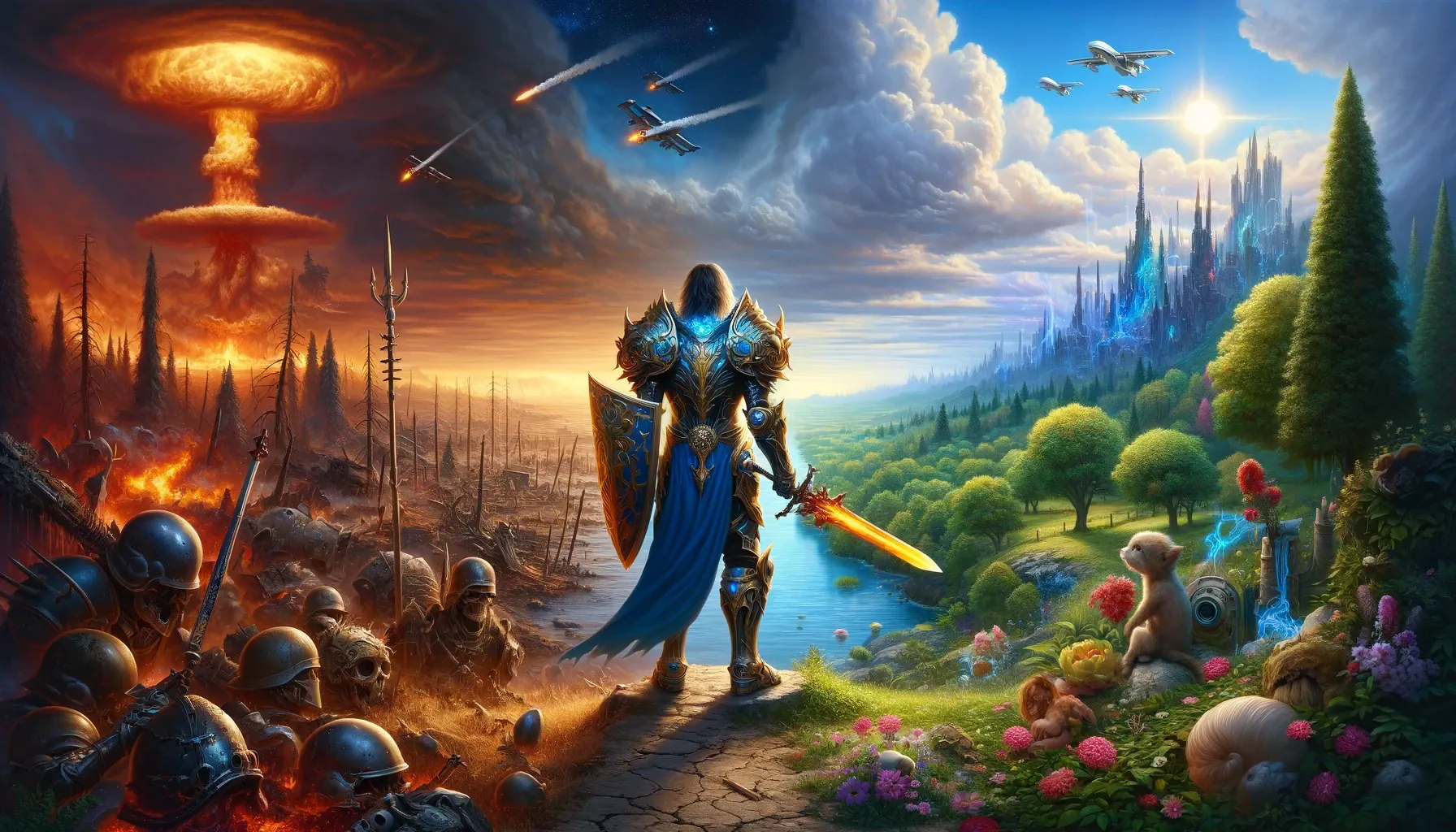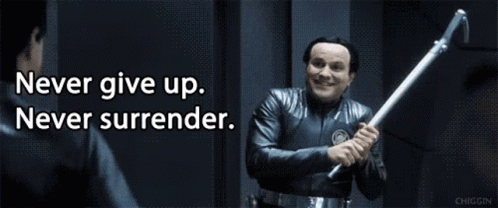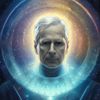We Are Not Doomed. We Are Paladins!

Oh, the humanity...
In a brilliantly orchestrated symphony of calamity, our world pirouettes on the brink like a drunken ballerina in a minefield. Climates change more often than a moody teenager's love interests, with Mother Earth cranking the thermostat like a forgetful grandparent. Meanwhile, politicians bicker with the finesse of toddlers fighting over the last cookie, crafting policies with the longevity of a Snapchat. Economies swing like pendulums on a caffeine binge, and privacy has left the chat, waving goodbye with all your data. So long, sucker! Pull up a chair, pour yourself a good stiff drink, and watch as society dabbles in existential Russian roulette.
Every year, since 1947, The Doomsday Clock is set by the Bulletin of the Atomic Scientists. The Bulletin's Science and Security Board, in consultation with its Board of Sponsors, which includes nine Nobel laureates, assigns a time based on its collective thoughts on how close we are to, well, "Doomsday." In 1947, the Clock was originally set at 7 minutes to midnight. Midnight, in case you haven't figured it out yet, is when the lights go out for humanity.
The Bulletin of Atomic Scientists comes up with a time based on current existential threats. These include the threat of nuclear war, global tensions, and conflicts, climate change ... you name it. This year, the Clock was set at a mere 90 seconds to midnight, the closest it's been to the top of the apocalyptic hour, signaling humanity's imminent destruction, since the height of the Cold War. The message is obvious. We're barrelling towards catastrophe and the end is nigh. Cue the classic bearded figure holding the cardboard sign.
Oh, here, let me make one for you.

It's easy to be disheartened and give in to despair. I may joke, but the headlines are frankly overwhelming: climate disaster, rising authoritarianism, deepening inequality, Israel/Gaza, Ukraine/Russia, and the ever-present nuclear threat (yes, those things are still out there and still dangerous). All these problems are strangely exacerbated by our new old friend, social media, no doubt a factor in our decline and fall. Add every one of these factors together and surely we're careening towards Armageddon with no hope of salvation. The die is cast, and our future, or lack of one, is assured.
To which I say, BAH! I reject this narrative of predestined oblivion, damn it!
Here's a fun fact: humanity has, over the course of history—though not necessarily written history, but history writ large—come close to extinction on a number of occasions. For instance, somewhere around 1.2 million years ago, the human population was reduced to just 26,000 of our ancestors. 850,000 (ish) years ago, the population went down to just 1280, which I shouldn't have to tell you, is pretty scary low. Around 70,000 years ago, the Toba super-volcano, in what is now Indonesia, gave us what is thought to be the largest eruption in history (I'm keeping my eye on you, Yellowstone caldera), reducing us to as little as 10,000 humans.
Keep in mind that there was nobody around at the time to actually count all of these humans, and that the numbers are estimates based on both the fossil record and the genetic diversity from data collected from these different times. The exact number of humans (early and otherwise) is also debated among scientists as well as specific dates. But you get the idea. We were cutting it close.
There's a story, by Harlan Ellison, called "Paladin of the Lost Hour", about an old man named "Gaspar" who is part of a long line of guardians, of Paladins, guarding the "lost hour", a bulwark against the end of the world. There was a TV version done for the reboot of "The Twilight Zone" that featured Danny Kaye as Gaspar, the epinomous Paladin. You should definitely read the short story (Harlan Ellison was a freaking god of the short story), or look up the episode I mentioned. I'm fond of the TV version of Harlan's story perhaps because I've always loved Danny Kaye, ever since I first saw, "The Court Jester," but also for his comment on lima beans (which I happen to like).
Without giving away too many spoilers, the story isn't so much about the "lost hour" as it is about the sacrifices required to hold back the abyss, the very end of time itself. Gaspar is an old man and he needs to pass the torch to another Paladin. I'll leave the explanation as to how the 'hour' was captured and how it came to be, to you, dear reader. Or watcher, if you care to search out the full 30 minute episode on YouTube. In Harlan Ellison's story "Paladin of the Lost Hour," Gaspar reassures his young friend the end will never come. There is, as you might expect, a cost, but paying it allows us to pull back and reclaim the fateful "lost hour" from disaster's grasp.
Here's the thing.
We are survivors.
We are an incredibly clever bunch of apes with a can do spirit. When the abyss looms before us, we creep to the edge, look over the side and mutter, "That is a seriously deep hole!" But still, we hold fast. Though reduced at times to mere hundreds, we endured. That's who we are. Look at us today. There are 8 billion of us! And counting. And yes, I know that trend, while continuing to climb, is likely to fall in decades to come. But I digress...
The point is that I do not see us as helpless clocks counting down to midnight, but as paladins standing guard over hard-won yet fragile triumphs. Our purpose is not to turn back time, but to protect what almost slipped away - life in all its colorful complexity.
Will we face adversity in the decades ahead? Without question. But do not mistake hardship for doom. Avoid and fight (like a paladin) against that narrative. Our mission, should we choose to accept it, is to kindle hope's fragile embers and keep watch another day.
Make no mistake, forces seek to undermine our vigilance. The demagogues and dictators, the charlatans who dismantle democracy, all feast on fear and fatalism. To them, the Doomsday Clock's baleful countdown, the chorus of "we're fucked," are siren songs laden with opportunity.
By rejecting defeatism and cultivating progress, we deny those who would rule through chaos, division, and hopelessness. There's this old saying that "a house divided against itself cannot stand." Maybe. But, here's the thing; division has followed us throughout history, but what we do with it matters. A people unified in cautious optimism has no limit to what it can achieve, even when working through those divisions. Is the house on fire? Then, let's get the fire department in here and put out the damn fire. We don't have to watch it burn to the ground.
Our fate is not predetermined (it never was), but we're always dangling by a thread over the abyss that once almost swallowed us all. Giving up is giving in. In perilous times, pessimism is its own self-fulfilling prophecy. Luckily, so is hope.
So let's choose hope or, if you find hope hard to come by, cautious optimism. Screw the Doomsday Clock! Never give up! Never surrender! Let us stand united as paladins before that endless, final hour.

Besides, remember what comes after midnight.
Another day.
Okay, I've had my say. Feel free to leave a comment and tell me that I'm a hopeless optimist. Better yet, rally behind my cautious optimism, and spread the word that all is not lost!
